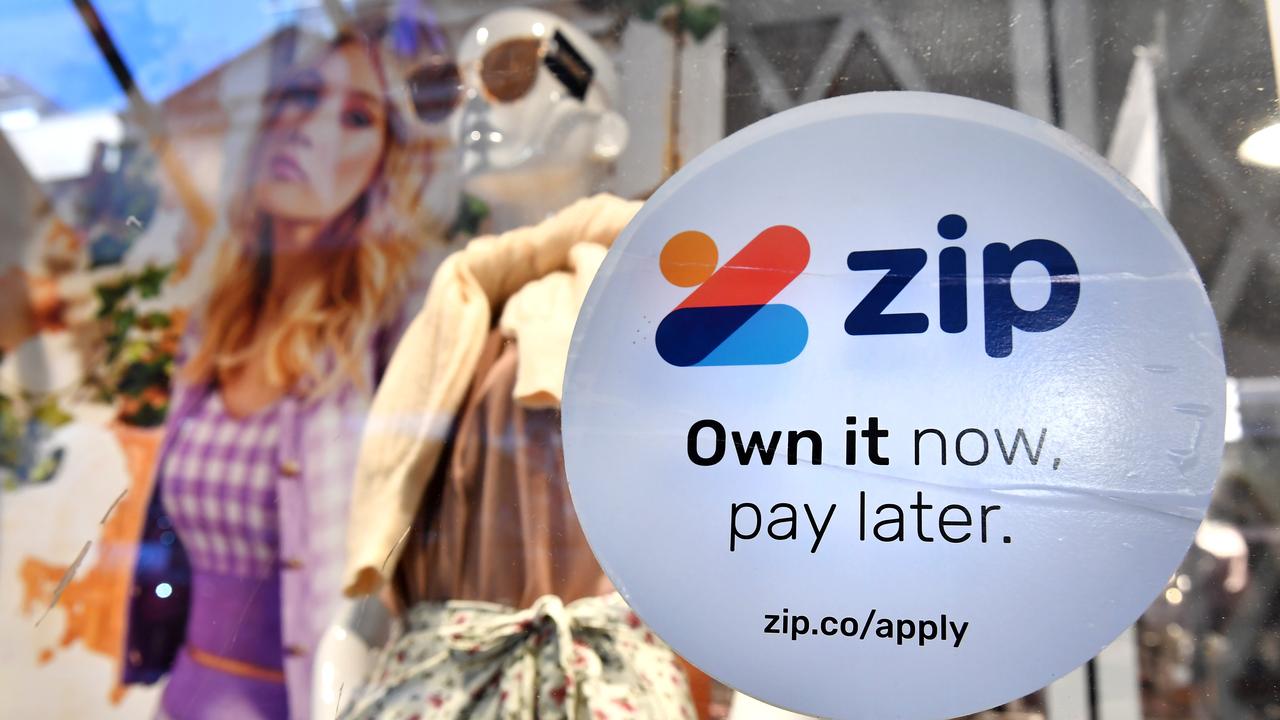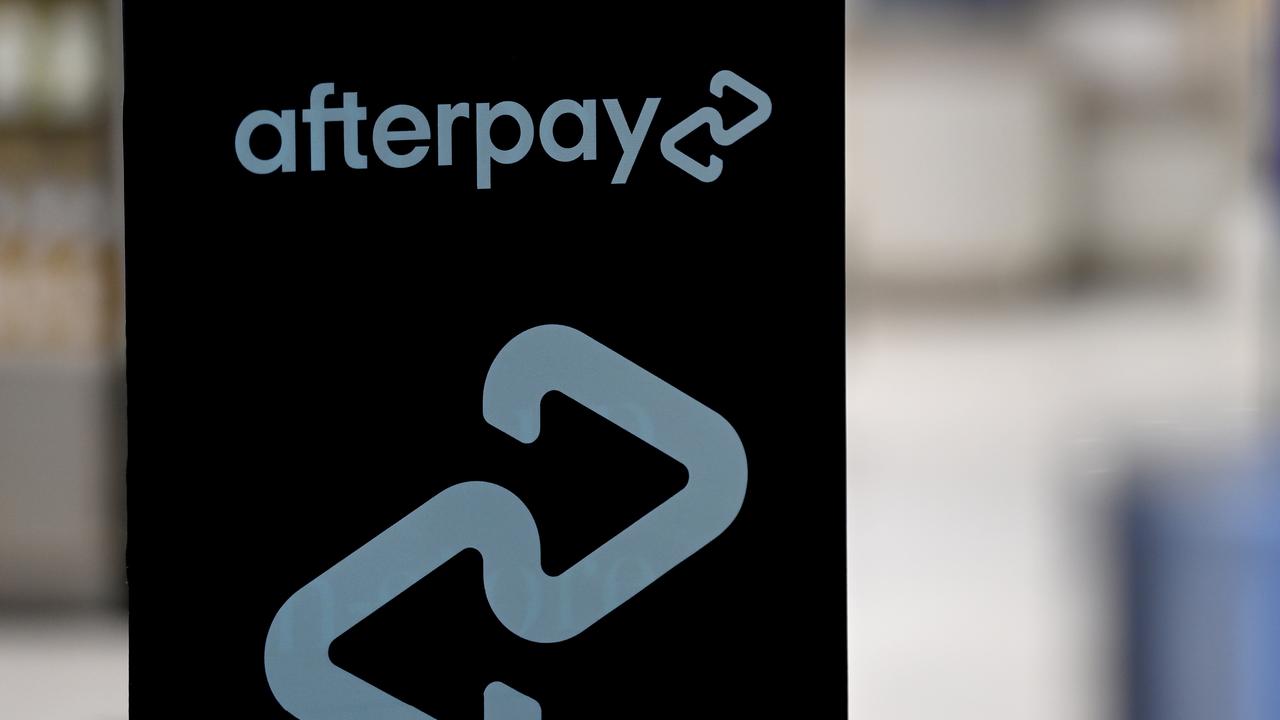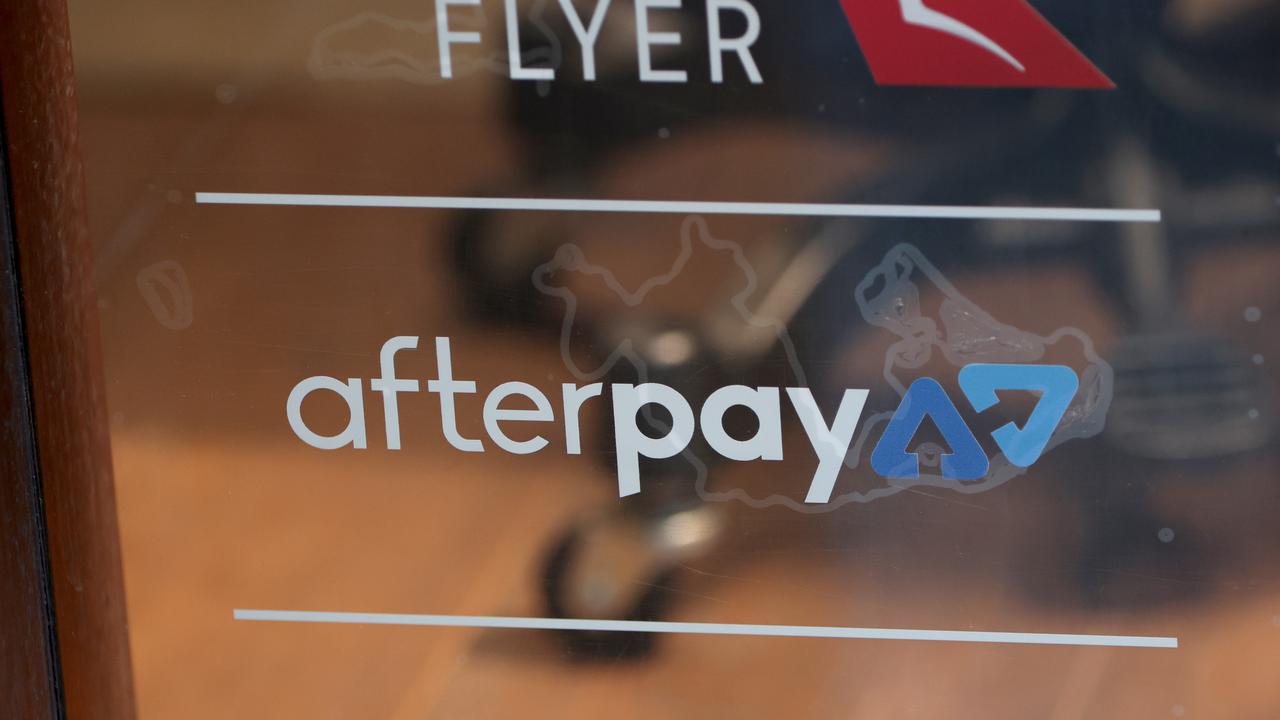‘Spiralled’: Hidden horrors of buy now, pay later
A single mother has revealed the dangers associated with buy now, pay later services as the government is urged to beef-up rules for the sector.
The government is being urged to increase the regulations around buy now, pay later services to protect vulnerable members of the community, including victims of domestic violence.
Leading the call for change in the sector are consumer advocacy groups which say the lack of regulation with these products is damaging Australian lives.
They want Buy now, pay later (BNPL) providers to check that customers are not in financial hardship and have greater transparency between lenders.
BNPL services are embedded in the Australian retail and financial landscape, with 71 per cent of Australians having used at least one product from providers such as Afterpay or Zip, according to research by Experian.


The government is now considering beefing up the checks that BNPL providers have to do to vet customers to ensure they can pay back the money lent to them.
Treasury is considering three options to reform the laws around BNPL products to ensure that consumers are protected from falling into financial hardship.
- A slightly tougher industry code that’s similar to current rules but includes an affordability test.
- Applying parts of the credit act to increase regulations but tailoring it to BNPL.
- Applying the full force of the credit act to treat BNPL products like other financial products, including having companies hold a credit licence and having responsible lending obligations like banks and credit cars.
Jess*, a single mother who was on welfare payments when she opened her first BNPL account with her partner knows all too well how quickly debts can get out of control.
“It started out by him opening accounts and then I got stuck with them,” she said.
“I just thought to myself, ‘okay well I’ve already got that I may as well use them,’ and that just spiralled into ‘I’ll just apply for another one, I’m already in debt anyway,’ and it just sort of kept going.”
Jess ended up with more than $10,000 in debt, opening 12 different BNPL accounts, including with Afterpay, Zip, Lattitude as well as some lesser-known providers.

“It got to a point where I was on government payments, being a single parent and a stay-at-home mum, and I couldn’t even afford to pay $10 a fortnight to each of these companies because, by the time I paid my bills, I wasn’t left with enough to pay,” she said.
“So then they started to say, ‘Well we’re going to get debt collectors and we’re going to bankrupt you’.”
Jess is in favour of placing BNPL services in line with other credit products, saying more needs to be done to protect vulnerable consumers.
“They don’t have enough checks when people are applying for it, anyone can apply for anybody,” she said.
“They don’t do credit checks, they don’t ask for ID majority of the time.”

Good Shepherd, the domestic violence organisation that helped Jess to wipe her debts, says one in four of their financial counsellors sees coercive debt in at least half of their clients using BNPL.
BNPL services currently abide by a voluntary code of conduct, something Afterpay argues should be mandated in favour of bringing the services under the stricter rules of credit act.
“In regards to affordability assessments, Afterpay’s view is that its existing product and policies, supported by the BNPL Code, are already delivering better outcomes than traditional regulated credit products,” Afterpay said in its submission to the inquiry.
“However, we are supportive of steps to evolve the current framework that exists in the BNPL Code in a measured way, to strike the right balance between consumer protection and financial inclusion.”
Other players, like ZIP, argue that Treasury should consider Option 2, where regulations should be tailored to BNPL but wouldn’t treat them like banks or credit card providers.
“... we believe there are areas where there is scope to take a stronger regulatory position,” their submission read.

“We believe that amending the Credit Act to require BNPL providers to hold an [Australian Credit Licence] will ensure the right obligations for internal and external dispute resolution, hardship provisions, compensation arrangements, fee caps and marketing rules.”
These players argue the strictest option would forced them to fork out too much money to comply with regulations, which could make the business unviable.
Despite the protests of BNPL providers, the majority of submissions to the BNPL inquiry are in favour of ramping up regulation, with the sector’s own rules sitting outside those of of other credit services, according to Experian’s general manager of credit services Tristan Taylor.
“BNPL kind of exists in its own ecosystem, other lenders don’t get visibility of what’s going on as they would in the normal credit reporting system,” he said.
“The main kind of debate then seems to be how responsible lending obligations are to be applied.”

Like Jess, the majority of customers who come into trouble with BNPL services do so when they open accounts with multiple providers, according to University of Sydney finance professor Andrew Grant.
“The problem is that people end up overspending or don’t have enough money to make ends meet, so they sign up for another buy now pay later and then you just deepen the hole that you found yourself in,” he said.
The dangers of falling into financial distress jump up considerably when individuals take out multiple accounts.
“Where people are taking out two or more BNPLS, they are around ten times more likely to be at risk than someone who uses less,” Mr Taylor said.
Professor Grant is in favour of increasing transparency around whether customers have multiple accounts to avoid that from taking place.

“We would like to see that there’s at least some information shared with the credit bureaus so that other lenders can see how many buy now pay later accounts you have,” he said.
“And that way they can make a decision that reflects the likelihood of you becoming delinquent or defaulting on your personal loan or credit card or other credit products.”
Increased regulation will bring “protection” to customers, not only barring those in financial distress from worsening their situation, it could also force companies to take responsibility for those who find themselves in trouble according to Mr Taylor.
That’s something Jess is in favour of, saying she was offered no help in her time of need and was only given a reprieve when Good Shepherd and her financial advisor stepped in.
“Where were they when I needed help?” she said.
“When I was calling them and emailing them and they couldn‘t help me, they just kept saying, ‘there’s nothing we can do you need to pay it’.”
The Australian Finance Industry Association, Afterpay and ZIP have been contacted for comment.



